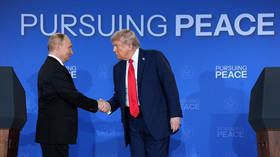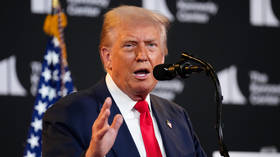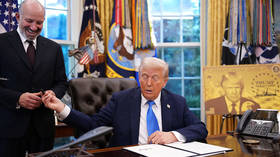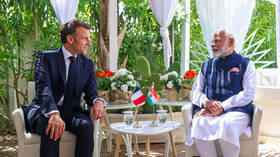‘China and Russia need each other to counterbalance Western primacy’
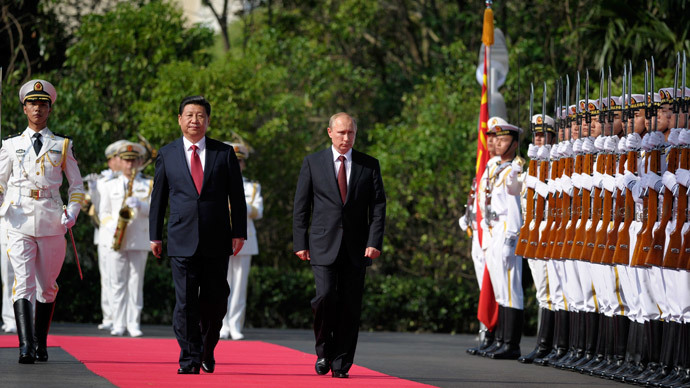
A closer partnership between Russia and China would balance the world order, independent China specialist Andrew Leung told RT.
RT:The fate of the most highly-anticipated deals are still uncertain. What could've caused the delay, in your opinion?
Andrew Leung: This is more than an energy deal. If we look at the whole geopolitical situation, energy supply is China’s lifeblood, but much of the China’s energy passes through the Malacca strait, which is controlled by America’s 7th fleet. Then, of course, a great deal of it passes through the Middle east, near the port of Hormuz near Iran. The events over Iran are beyond China’s control, so its energy supplies are vulnerable along these routes where there are a lot of chop points, number of them are controlled by the US. So China is developing land supply routes through Central Asia and through Russia. And of course Russia and Central Asia are much more China-friendly compared with the Asia Pacific area controlled by American naval forces.
Gas is of course cleaner than coal, so China needs lots of it to drive urbanization. As far as Russia is concerned, there is also a geopolitical consideration, especially after the Ukraine [issue emerged]. America is going to be energy independent because of its so-called shale gas revolution and it also wants to export shale gas to Europe so that Europe will be less dependent on Russian gas. President Putin in fact foresaw this a year and a half ago. The first visit of China’s President Xi was to Russia, and then at that time the deal was initiated making China the biggest customer of Russian gas by the year 2018. This is a geopolitical calculation on both sides. Both Russia and China need each other to counterbalance Western primacy in the geopolitical sphere.
RT:What sort of reaction do you expect from the US and Europe to the talks?
AL: Russia needs the revenue from the energy and China is the world’s biggest energy customer. Even if you supply to have a dozen countries the total will not be as great as from China. And because of Europe, because of Ukraine [issue], because of American influence, it’s likely to reduce its energy dependence on Russia, so that would affect the revenue for Russia. Therefore, it would be in the interest of Russia to develop a long-term partnership for energy supplies with China, which needs all the energy to drive its organization and also to balance the economy. China is building 221 new cities by 2025, and a lot of energy and resources are required. As I said China does not want to be exposed much to sea links.
RT:There is speculation other Asian powers are looking to follow China in its footsteps. Do you think we're seeing the beginning of a shift in the global economy?
AL: Yes, of course. If we look at the Asia-Pacific, a lot of countries are now getting more confrontational vis-à-vis China, in spite of a long period of peace because of the American pivot to the Pacific that has emboldened a lot of China’s neighbors. You can see that China’s relations with Japan, with Vietnam – they are all problematic. And then of course after Ukraine America is imposing sanctions on Russia using its financial hegemony to affect Russia’s income and revenue. There is a closer partnership between Russia and China to balance the world order.
The statements, views and opinions expressed in this column are solely those of the author and do not necessarily represent those of RT.
The statements, views and opinions expressed in this column are solely those of the author and do not necessarily represent those of RT.


